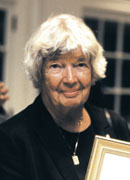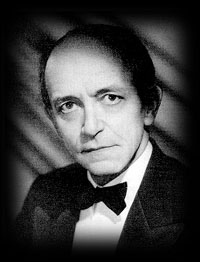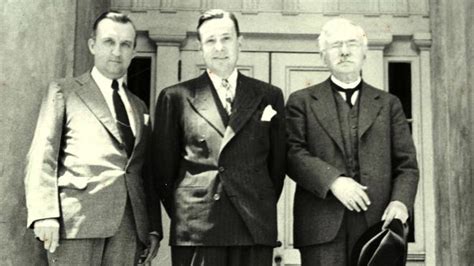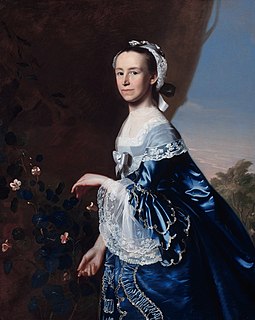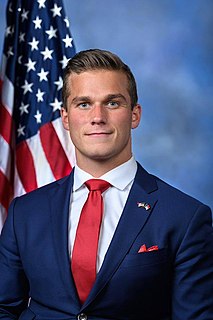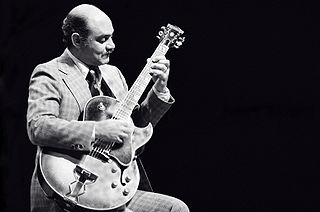A Quote by June Callwood
The central fact of North American history is that there were fifteen British Colonies before 1776. Thirteen rebelled and two did not.
Related Quotes
Since the date, 1776, is placed on the bottom course of the pyramid [on the Great Seal], and since the number 13 has been so important in the history of the United States and in the symbols of the seal, it is not unreasonable to suppose that the thirteen courses of the pyramid may represent thirteen time-periods of thirteen years each.
Israel, the Israelis, and the rest of the world have been brainwashed. They don't think of pre-1948, they have no idea Palestinians were in Israel, who we were before '48. As if we were born in 1948 according to them. They have no notion that we had a country, houses, rebelled against the Ottomans and the British. They think history in that region started in that moment.
The loss of the American colonies was the first time the process of British empire building had been put significantly into reverse, and became the starting point for a nostalgic yearning for lost colonies - and the wealth and global influence that came with them - that has become part of our national psyche.
We know that there were so many Japanese American soldiers in World War II who were fighting in Europe despite the fact that their families, their parents were back home in American prison camps. It's savagely ironic that between themselves and the African-American soldiers, who were also segregated and didn't see the fruition of the work the culminated in the Civil Rights Act until the '60s, that these American heroes and their stories are not well known; and the fact that the 442nd/100th became the most decorated unit in U.S. history.
I am sure that the two main forms of English, American English and British English, separated geographically from the beginning and severed politically since 1776, are continuing to move apart, and that existing elements of linguistic dissimilarity between them will intensify as time goes on, notwithstanding the power of the cinema, TV, Time Magazine, and other two-way gluing and fuelling devices.
In North America, what happens often is that they put race before nationhood. Everyone here is Hispanic-American, Chinese-American, African-American. But really, we're just North Americans of all these different descents. The only time I notice North Americans becoming national is when a war happens or a crisis happens.
I grew up playing the guitar. I started when I was nine, and by the time I was nine and a half or ten, I was doing seven or eight hours' practice every day. I did two hours' practice at six o'clock in the morning before I went to school, and another two hours as soon as I got home from school in the afternoon. Then I did four hours at night before I went to bed. I did that until I was fourteen or fifteen.
